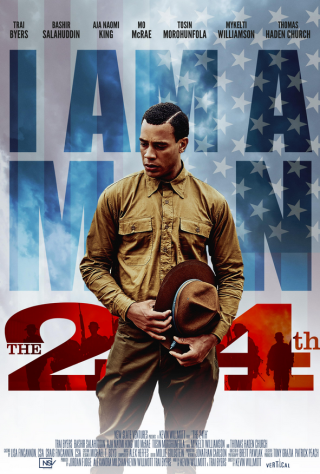In 1972, President Richard Nixon pardoned the one surviving member of the three companies of black soldiers discharged over the Brownsville Raid of 1906. The Army retroactively gave all 167 men honorable discharges and sent pensions to the surviving widows. The lone surviving veteran, Pvt. Dorsie Willis, was invited to Washington and presented with an official apology for the federal government’s handling of the episode under President Teddy Roosevelt.
The problem is, there is no reason to doubt the original story in the Brownsville affair. Teddy got it right the first time.
On the night of August 12, 1906, shots were fired in the streets of Brownsville, Texas, in a part of town adjacent to the army fort. For 10 minutes, bullets went through the windows and walls of residences, including one where women and children were sleeping. Amazingly, only one person was killed, a Mexican bartender. A police horse was also shot and the policeman wounded, resulting in the amputation of his arm.
Within hours, everyone agreed that a group of about ten or twenty black soldiers from the 25th Infantry Regiment had done the shooting. There were eye-witnesses. There were ear-witnesses who heard the men shouting. Tensions had been building between the fort and the town, with the black soldiers resenting the way the white Texans treated them and the townspeople suspecting a soldier of a recent attempted rape. Shells and cartridges from military Springfield rifles were found in the alley where the shooting took place. This last piece of physical evidence convinced even the regiment’s white commanding officer that his men were guilty.
To get around this overwhelming evidence, revisionists have to construct an elaborate conspiracy where the people of Brownsville framed the soldiers. The physical evidence was supposedly taken from a box of discarded shells from the firing range and scattered in the alley. The trouble with this version is that the box in question held shells from fifty different rifles, and the ones found in the alley came from only three. The townspeople would have had to pick out exactly the right shells from a box of a thousand.
